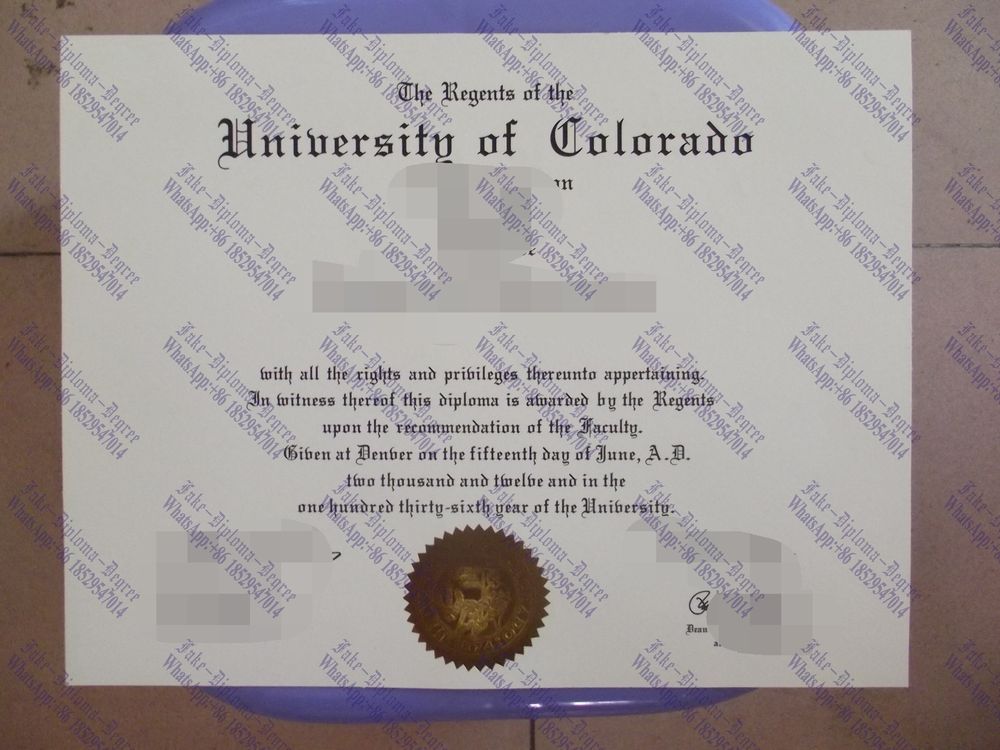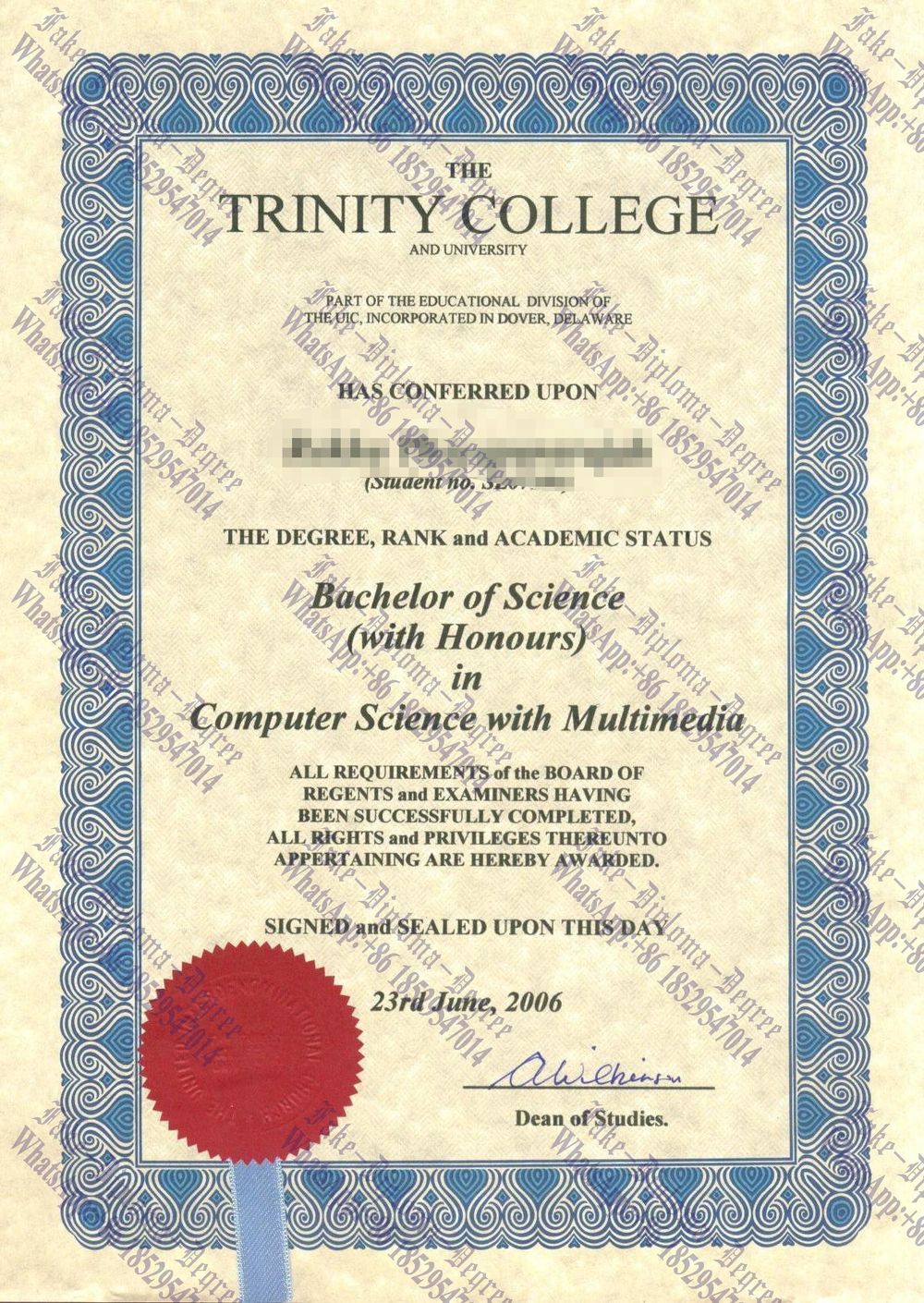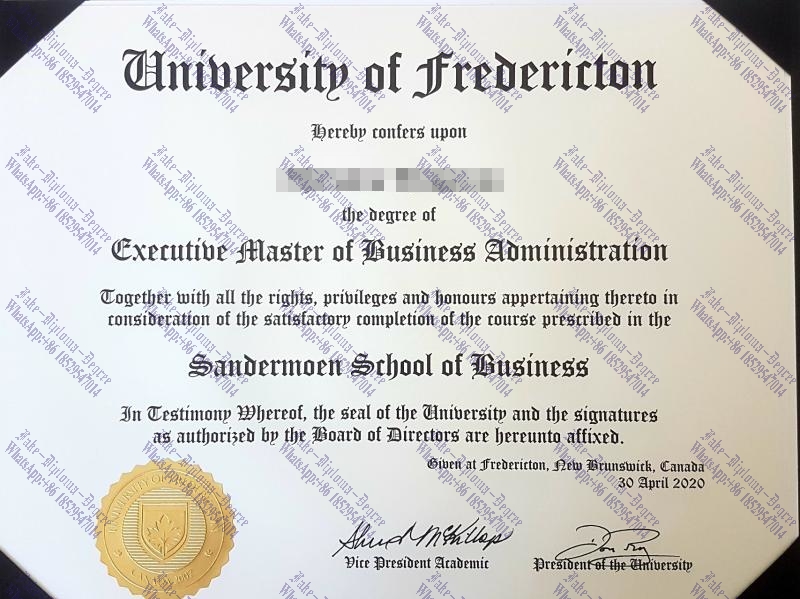Is it possible to buy a fake Nova Scotia Community College Diploma?
Obtaining a diploma is a significant achievement that represents years of hard work, dedication, and knowledge in a specific field. However, some individuals may be tempted to take shortcuts and explore alternative methods to obtain a diploma, such as buying a fake one. In this article, we will discuss the demand for fake diplomas, the risks involved, and provide answers to some commonly asked questions.
Why is there a demand for fake diplomas?
In today's competitive job market, possessing a diploma can play a crucial role in securing a desirable employment opportunity. Some individuals may face difficulties in obtaining an authentic diploma due to various reasons, including financial constraints, lack of time, or failure to meet academic requirements. As a result, they may resort to purchasing fake diplomas in an attempt to enhance their credentials.
What are the risks of buying a fake diploma?
While buying a fake diploma may seem like a quick solution, it is important to understand the potential risks involved. Firstly, reputable educational institutions and employers possess mechanisms to detect counterfeit diplomas. If caught, individuals may face severe consequences, including legal implications and damage to their reputation.
Moreover, possessing a fake diploma provides a false sense of knowledge and expertise, which can have detrimental effects on one's career. In today's competitive industry, employers value authenticity and genuine skills. Relying on a fake diploma may lead to incompetence and the inability to perform job duties effectively.
Can fake diplomas pass as genuine?
Fake diploma providers often claim that their products are indistinguishable from real diplomas. However, with technological advancements and improved verification methods, educational institutions and employers have become adept at identifying counterfeit documents. They can verify the authenticity of a diploma through various means, such as contacting the issuing institution directly or utilizing online databases.
Attempting to pass off a fake diploma as genuine not only puts individuals at risk but also undermines the value of legitimate education and qualifications.
Are there legal consequences for possessing a fake diploma?
Possessing or using a fake diploma is considered fraudulent activity and is illegal in many jurisdictions. If caught, individuals may face legal consequences, including fines, penalties, and even imprisonment. It is crucial to prioritize honesty and integrity in education and career achievements.
FAQs
Q: Can I use a fake diploma to apply for a job?
A: While it may be tempting to use a fake diploma to enhance your qualifications, it is not advisable. Employers have become more vigilant in verifying the authenticity of credentials, and if caught, your chances of securing the job may be severely jeopardized.
Q: Are there any legitimate alternative options for obtaining a diploma?
A: Yes, there are various legitimate options available for obtaining a diploma. You can consider enrolling in a recognized educational institution or exploring online education platforms that offer accredited programs. It is essential to invest in genuine education to ensure long-term success.
Q: How can employers verify the authenticity of a diploma?
A: Employers can verify the authenticity of a diploma through various means. They may contact the issuing institution directly to confirm the individual's educational background. Additionally, many institutions and employers utilize online databases and verification services to ensure the validity of credentials.
Q: What are the long-term consequences of using a fake diploma?
A: The long-term consequences of using a fake diploma can be severe. If discovered, your professional reputation may be irreparably damaged, and it may become challenging to secure employment opportunities in the future. It is always better to prioritize genuine education and qualifications.











